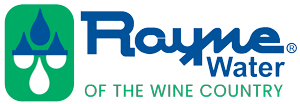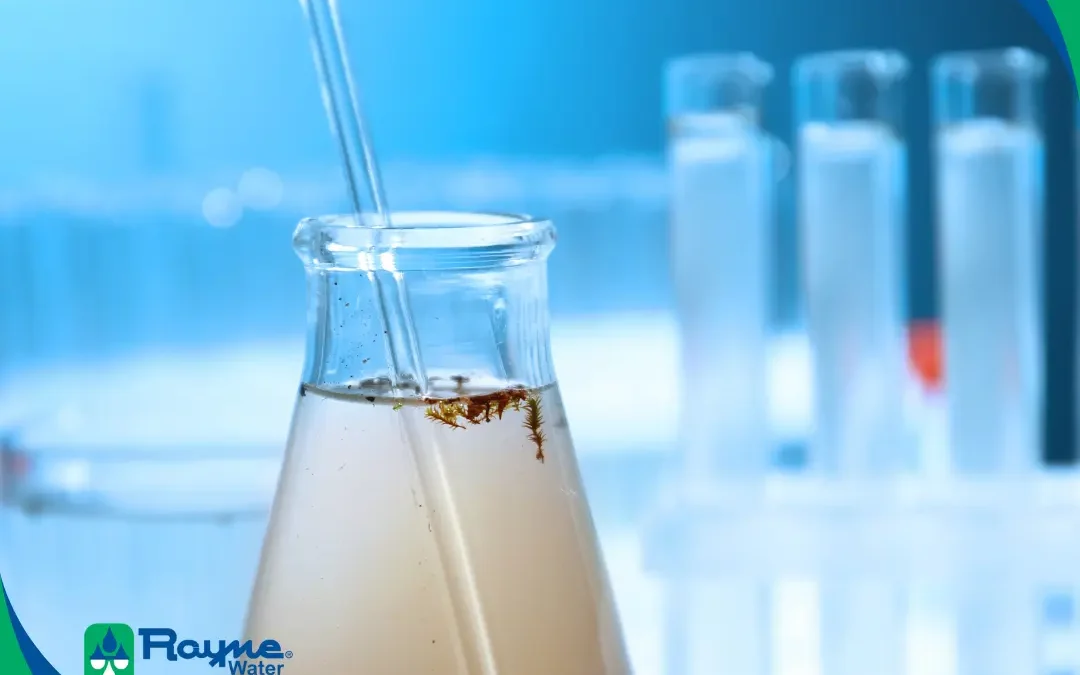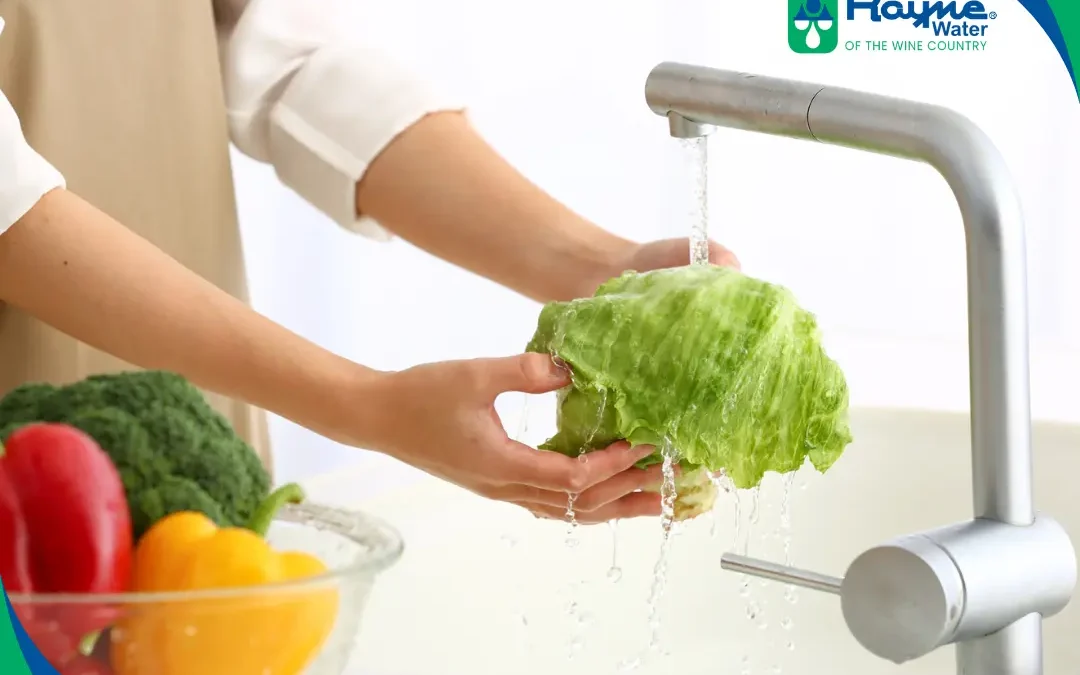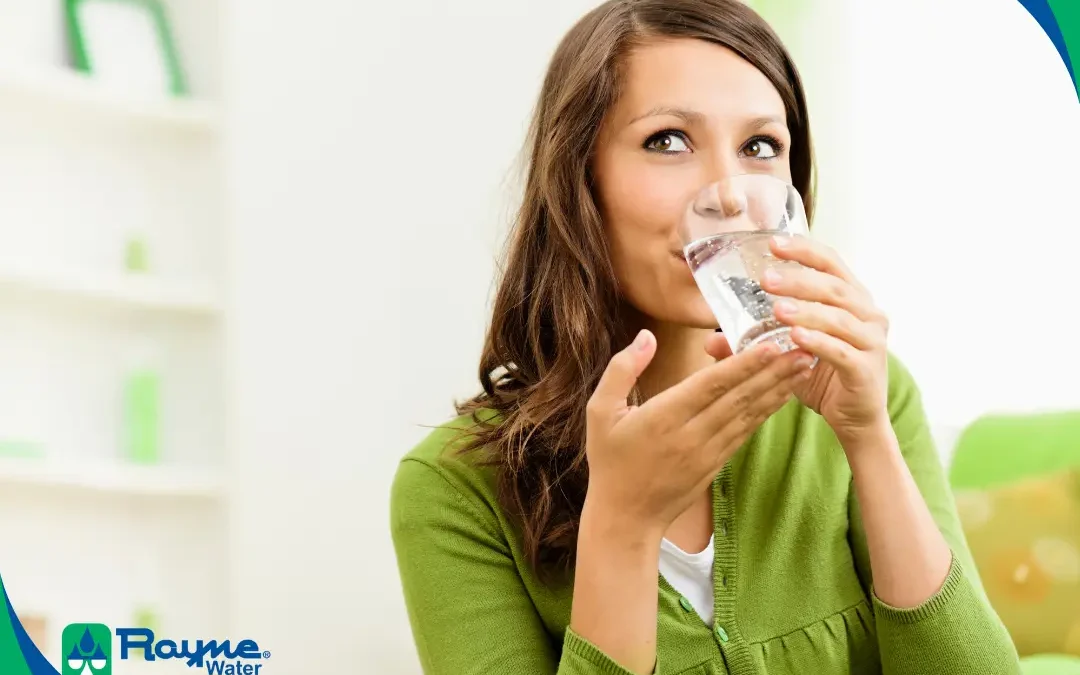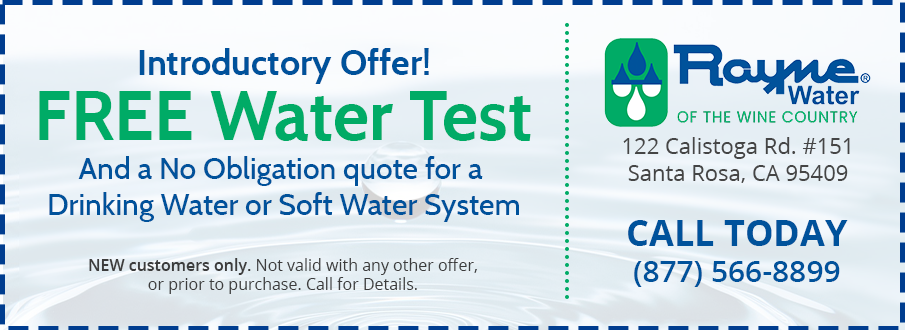Water is essential for everyday living, but not all water is the same. Whether you get your water from the city or a private well, contaminants can make their way into your supply. That’s where a UV sterilization system comes in! It’s a powerful, chemical-free way to disinfect water and ensure that what you, your family, your staff, or your customers drink is clean and safe. If you’ve been considering a UV system but have questions, we have you covered!
What is UV Sterilization?
UV sterilization is a water treatment method that uses ultraviolet (UV) light to kill bacteria, viruses, and other microorganisms. Unlike chemical disinfectants like chlorine, UV doesn’t add anything to your water—it simply eliminates harmful pathogens by disrupting their DNA, preventing them from reproducing.
How Do Ultraviolet Sterilization Systems Work?
A UV sterilization system is installed as part of your business’s or home’s water filtration process. Water flows through a chamber that contains a UV lamp emitting light at a specific wavelength (typically 254 nanometers). This wavelength is highly effective at neutralizing bacteria, viruses, and protozoa in just seconds, ensuring that the water coming out of your tap is free from harmful microorganisms.
Related Article: The Importance of Clean Drinking Water in Northern California
Is UV-Treated Water Safe to Drink?
Absolutely! UV sterilization does not introduce any chemicals, flavors, or residues into your water. It only destroys harmful microorganisms, leaving your water safe and fresh-tasting. Many people prefer UV treatment over chlorine because it doesn’t alter the appearance, taste, or smell of their drinking water.
What Contaminants Does a UV Sterilization System Destroy?
UV sterilization is incredibly effective against biological contaminants, including:
- Bacteria (E. coli, Salmonella, Legionella)
- Viruses (Hepatitis, Norovirus, Rotavirus)
- Protozoa (Giardia, Cryptosporidium)
- Fungi & Algae
However, it’s important to note that UV light does NOT remove non-living contaminants like heavy metals, sediment, or chemicals. That’s why many home or business owners use a UV sterilization system in combination with other filtration methods, such as carbon filters or water softeners, for complete water treatment.
Related Article: Top Contaminants in California Water: What Homeowners Should Know
How Long Does It Take for UV Light to Kill Bacteria in Water?
The process happens almost instantly—in just a fraction of a second! As water passes through the UV chamber, the light effectively neutralizes harmful microorganisms, making it a highly efficient form of disinfection.
UV Sterilization for City Water vs. Well Water
Whether you rely on municipal (city) water or a private well, a UV system can be a great addition to your water treatment setup.
- City Water: While municipal water is treated before it reaches your home or business, contaminants can still enter through aging pipes or plumbing systems. UV sterilization provides an added layer of protection, ensuring that bacteria and viruses are eliminated before the water reaches your glass.
- Well Water: If you use well water, a UV system is especially important because private wells are more vulnerable to bacterial contamination from runoff, septic systems, and other environmental sources. Unlike city water, well water is not pre-treated, so UV sterilization is one of the most effective ways to ensure your water is safe to drink.
Related Article: Water Testing 101: What Well Owners Need to Know
Is a UV Sterilization System Right for You?
If you’re looking for a reliable, chemical-free way to disinfect your water, UV sterilization is a fantastic option. Whether you’re on city water or well water, a UV system provides peace of mind, knowing that harmful bacteria and viruses are effectively eliminated.
At Rayne of the Wine Country, we specialize in high-quality water treatment solutions designed to meet your home’s specific needs. This includes UV sterilization systems, water softeners, reverse osmosis drinking water systems, and chlorine removal systems.
Want to learn more? Contact us today, and let’s ensure you have the clean, safe water you deserve!
